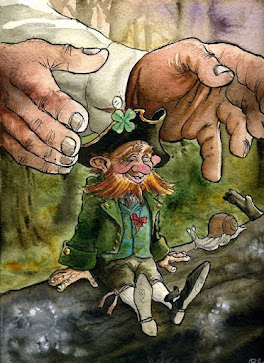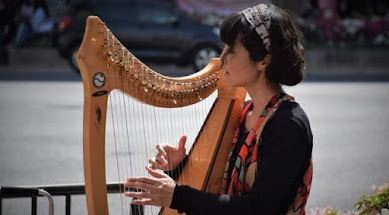Irish surnames and their origin
Irish surnames have a long history and can offer insightful knowledge of the nation's customs, language, and culture. Several of these surnames have changed over the years as a result of Ireland's complicated and varied past.
Gaelic, Norman, and English origins can all be found in the history of Irish surnames. People in Ireland were known by their given names and the given names of their fathers before the 10th century because there was no system of surnames. Surnames, on the other hand, started to appear as the population grew and there was a need for a more organized naming system.
Irish surnames are frequently derived from Gaelic. Irish surnames frequently indicate a person's place of residence or profession. For instance, the surname "Maoláin" denotes a person who worked in a monastery and meaning "descendant of the tonsured one." A manager or administrator may have been given the surname "Muircheartaigh," which means "descendant of the steward."
English or Norman ancestry can be found in several Irish surnames. FitzGerald, Burke, and Devereux were among the many new surnames introduced to Ireland during the Norman conquest in the 12th century. Since becoming anglicized, several of these surnames may no longer sound like they did in their original form.
Irish surnames are frequently linked to particular areas of the nation. For instance, the surname "O'Neill" is most prevalent in Ulster, whereas the surname "O'Brien" is more popular in Munster. Many Gaelic surnames begin with an O' prefix that meaning "descendant of," whereas Mac means "son of."
Irish surnames frequently include religious or mythological roots in addition to reflecting a person's vocation or place of residence. For instance, the surname "Conchobhair" denotes a person who is a "descendant of Conchobhar," a fictitious Irish ruler. The last name "Mac Gabhann" denotes "son of the smith," hence it might have been given to a blacksmith.
Irish surnames play a significant role in the legacy of the nation. They can offer insightful information about Ireland's past and the various ethnic groups that have contributed to the history of the nation. Many people of Irish descent nowadays are proud to uphold the traditions and surname of their ancestors.





Comments
Post a Comment